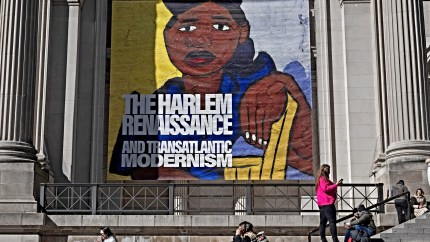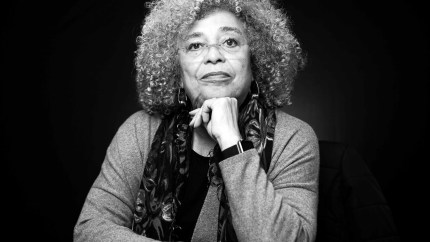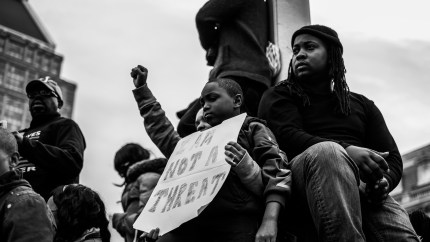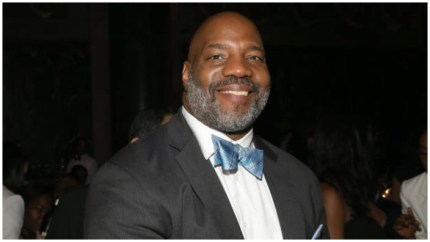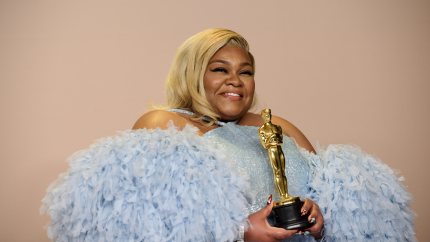‘Born Black’: A new exhibition offers a modern lens on Gordon Parks’ portrait of Black America
The re-release and exhibition of Gordon Parks' "Born Black" bring new relevance to the famed photographer's perspective on Black American life.
The late Gordon Parks — director, composer, memoirist, and most famously, photographer — once wrote, “Some of us are born to be leaders, some to be followers. Some of us are born with great talents, some with none at all. But what seems to matter far more is that we are born Black. That single fact would control our destiny above all others.” As a nattily dressed, multicultural cognoscenti of photography lovers worked its way through the halls of the Chelsea-based Jack Shainman Gallery in Manhattan, taking in the opening reception for the “Gordon Parks: Born Black” exhibit, many gathered at these words printed onto an ivory wall.
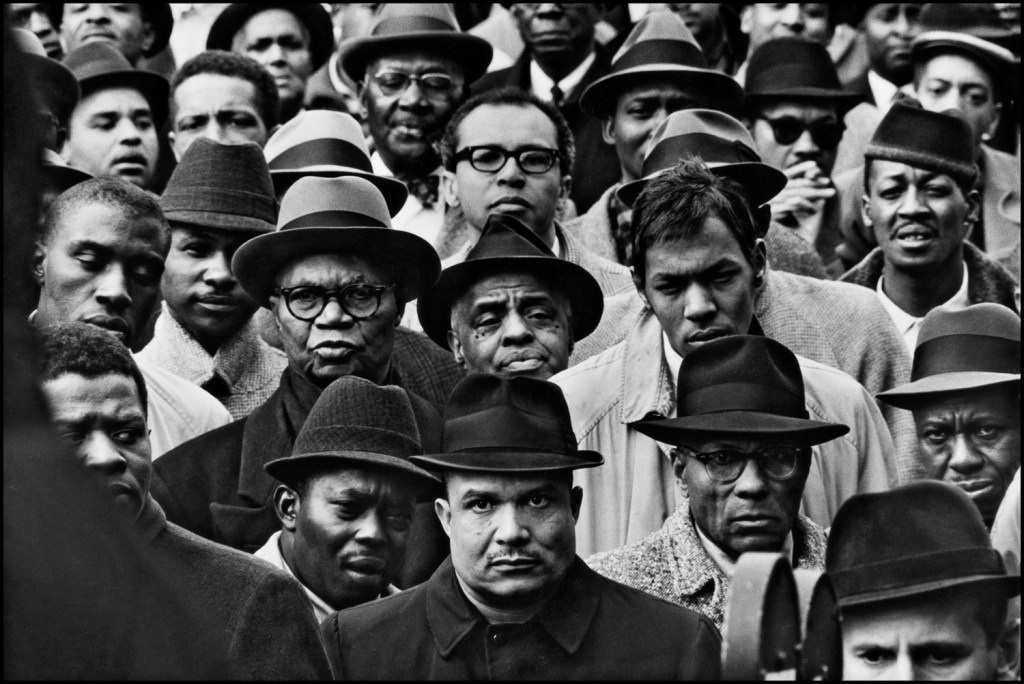
Photo: Courtesy of The Gordon Parks Foundation/Jack Shainman Gallery
As accurate today as when he penned them, they’re a direct quote from the pages of Parks’s first book to combine his words and images, 1971’s “Born Black: A Personal Report on the Decade of Black Revolt 1960-1970” — a collection of 24 photos and nine essays compiled during his stint as Life magazine’s first African-American staff photographer. The exhibition celebrates the recent publication of an expanded (179 photos) and redesigned edition of the book, edited by the Gordon Parks Foundation with new essays by scholars Nicole R. Fleetwood and Jelani Cobb contextualizing Parks’s work for the modern moment.
Artsy-looking, bohemian-chic visitors stood near the gallery entrance, signing the guest book and chatting; others thumbed through the brand-new “Born Black” displayed at the reception desk. Now the size of a coffee table book, it features Parks’ original insightful essays on Muhammad Ali, Stokely Carmichael, the Black Panther Party and more. His photography, 49 pieces artfully arranged around the gallery, magnetizes attention: Rosa Parks, Malcolm X, Jackie Robinson, Kathleen and Eldridge Cleaver, and others, captured beautifully by Parks’s camera.

Gordon Parks, Untitled, Miami, Florida, 1970 archival pigment print, 25 1/4 x 32 1/8 x 1 3/4. Photo: Courtesy of The Gordon Parks Foundation/Jack Shainman Gallery
“I’ve written about Parks in the past and was asked by the foundation to also consider the limitations of the original publication,” Nicole R. Fleetwood, who wrote “Why Born Black” for the new edition, tells theGrio via email. “As I reread the book, I was struck by how much I love Parks’ writing almost as much as his photos. I was also moved by how he was holding space for so many conversations and audiences at such a monumental period in U.S. history; I would say a much more radical period than the contemporary moment.
“But I was also disturbed by a particular framing of Blackness through a type of knee-jerk reaction to racialized hyper-masculinity — how Parks won the confidence of Black radical leaders and spoke about them to and beyond white audiences, and the minimization of Black women in radical Black freedom struggles.”
Recommended Stories
Fleetwood’s observation rings true. Seminal female figures from the Black cultural period Parks captures are entirely absent from the book’s original essays: women like Elaine Brown, Angela Davis and Assata Shakur. The inclusion of Fleetwood’s essay goes a long way toward balancing the inherent gender disparity of the 1960s (which is hardly all that much different in the 2020s).
“ ‘Born Black’ was an interesting project, because it was a retrospective that we were in turn looking at retrospectively,” says suited Columbia Journalism School dean Jelani Cobb (author of “Gordon Parks’s Black America” in the new edition), in between smiling for cameras at the gallery. “I thought it was important to start by looking at what Gordon Parks had distilled about the period between 1960-1970, when the book first came out, and then think about what we can add with the benefit of 53 years of additional insight. One of the amazing things about Gordon was the extent to which so many of his observations remain relevant more than a half-century later.”
“Gordon Parks: Born Black” continues at the Jack Shainman Gallery until April 20. “Born Black” is available now from Steidl Publishers.
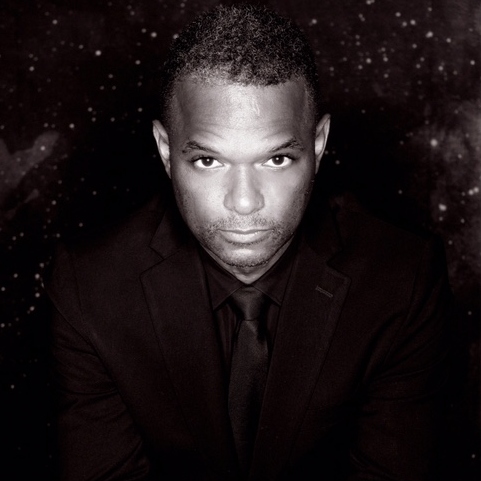
Miles Marshall Lewis (@MMLunlimited) is an author and Harlem-based cultural critic whose work has appeared in The New York Times Magazine, GQ, Rolling Stone and many other outlets. Lewis is currently finishing a cultural biography of comedian Dave Chappelle, his follow-up to Promise That You Will Sing About Me: The Power and Poetry of Kendrick Lamar.
Never miss a beat: Get our daily stories straight to your inbox with theGrio’s newsletter.
